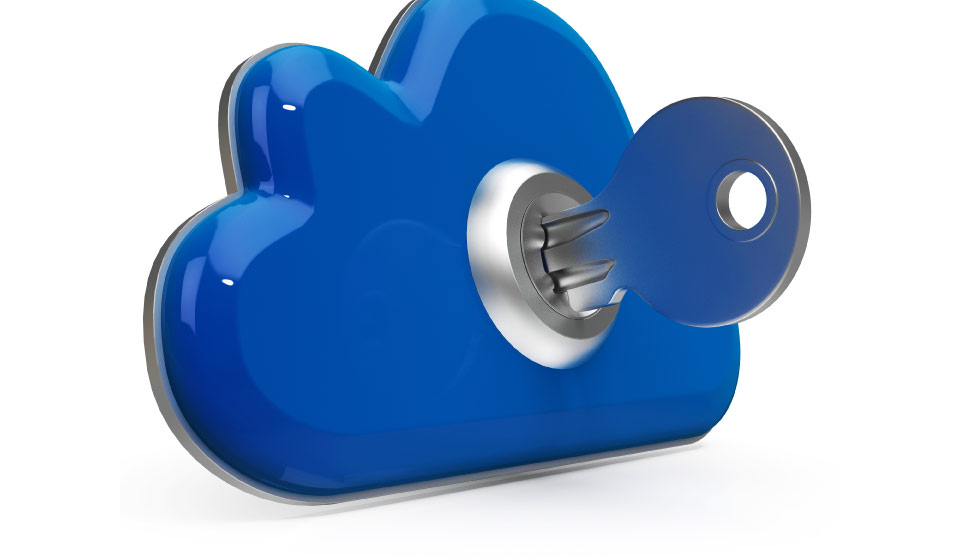Experts in the security industry were alerted (Sept. 14, 2014) to Shellshock (or Bashdoor), a new bug that many are claiming could be more devastating than the Heartbleed bug witnessed earlier this year.
Shellshock affects devices using versions 1.14 through 4.3 of the UNIX BASH. Because BASH is used many places, but isn’t something users interact with directly, it’s quite likely it will take some time for users to identify all devices affected and apply the necessary patches.
Here are a few simple steps that can be followed to help ensure your organization is protected:
- Check Your Systems
Basic first step is to make sure that someone within your organization is touching base with any service providers you use (i.e., web servers, mail servers. etc.)to see if the Bash vulnerability impacts them. Examples of companies whose products may be in your environment and could be affected are Cisco and Oracle. To view the announcements and updates from Cisco click here and Oracle’s communications can be found here.
If one of your providers is affected, find out how they plan to mitigate the risk and what steps, if any, you may need to take (e.g., install any patches or hot-fixes from your end) to protect yourself.
- Monitor Your Systems Closley
Make sure that the team responsible for monitoring your network is tuned in to even the smallest of details until you are sure that your internal and external systems/components are unaffected or patched-up. There are reports of a variety of malware hitting the web looking to exploit the BASH vulnerability so monitor your systems closely.
- Clean House: Review Your Rules
Remember that the more restrictive your network and devices are the safer you can be. Ensuring that unnecessary software is not installed means that there are less potential points of exposure, this is a great preventative measure and will always provide a security benefit.
- Stay Informed
Stay in-the-know! Being informed is one of the best things to do moving forward. ControlScan has put together an article detailing what they know about Shellshock and has included a few of their own action items to verify if your Linux, Unix, or Mac OS devices are affected as well as next steps to take to address the issue.
Be sure to bookmark ControlScan’s article as they are constantly updating it with new information that will keep you in the know and help you stay a step ahead!

